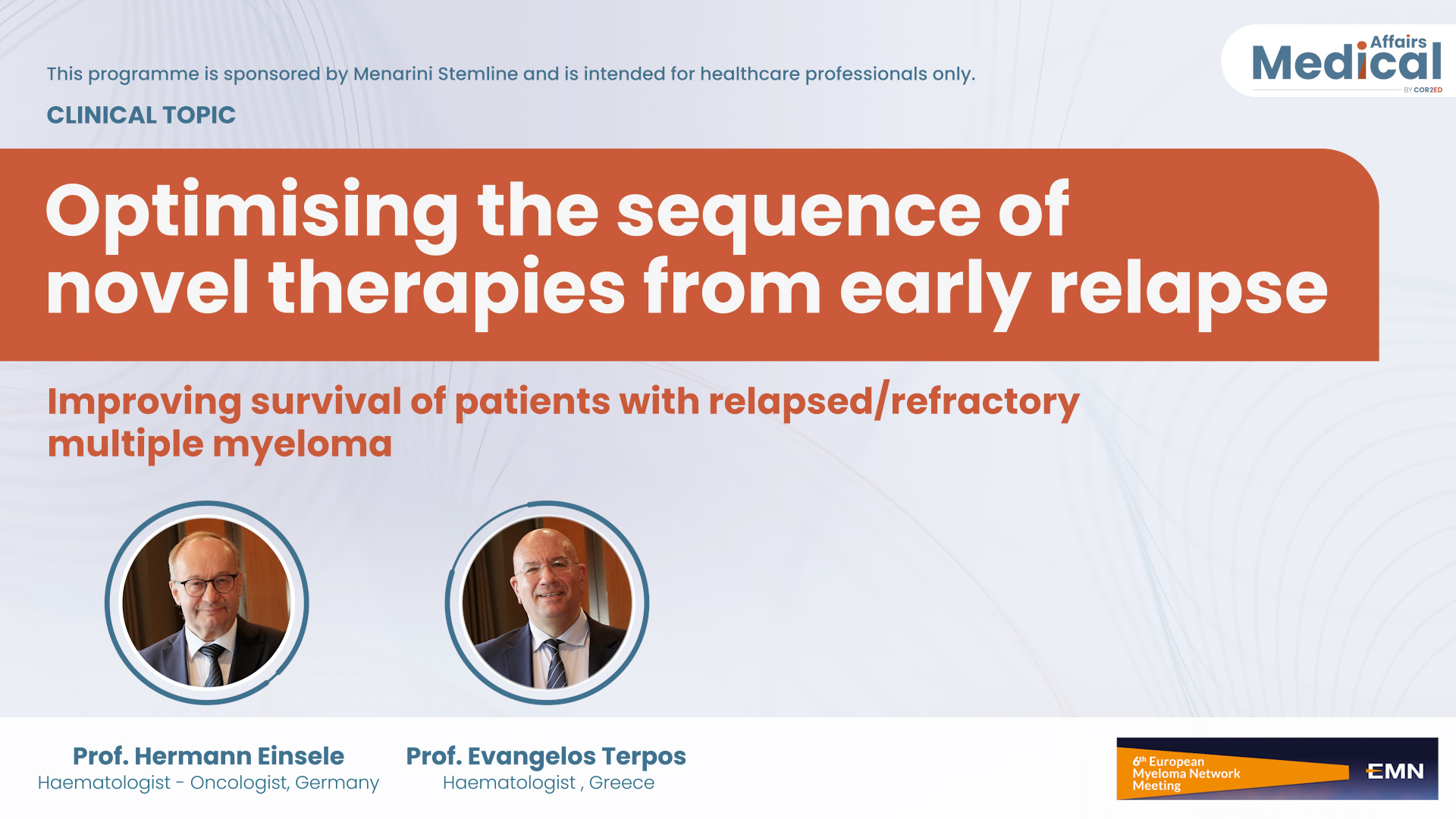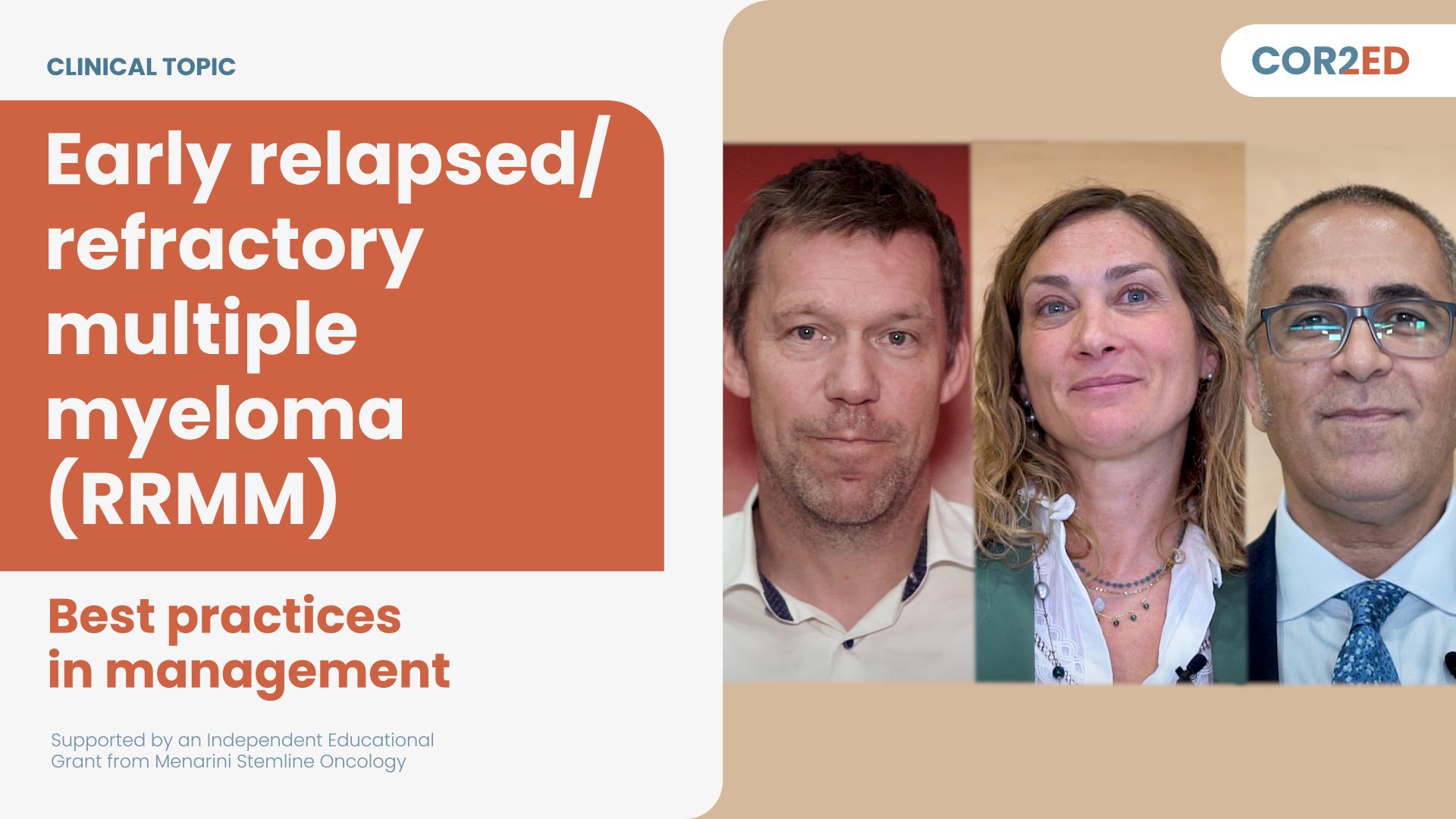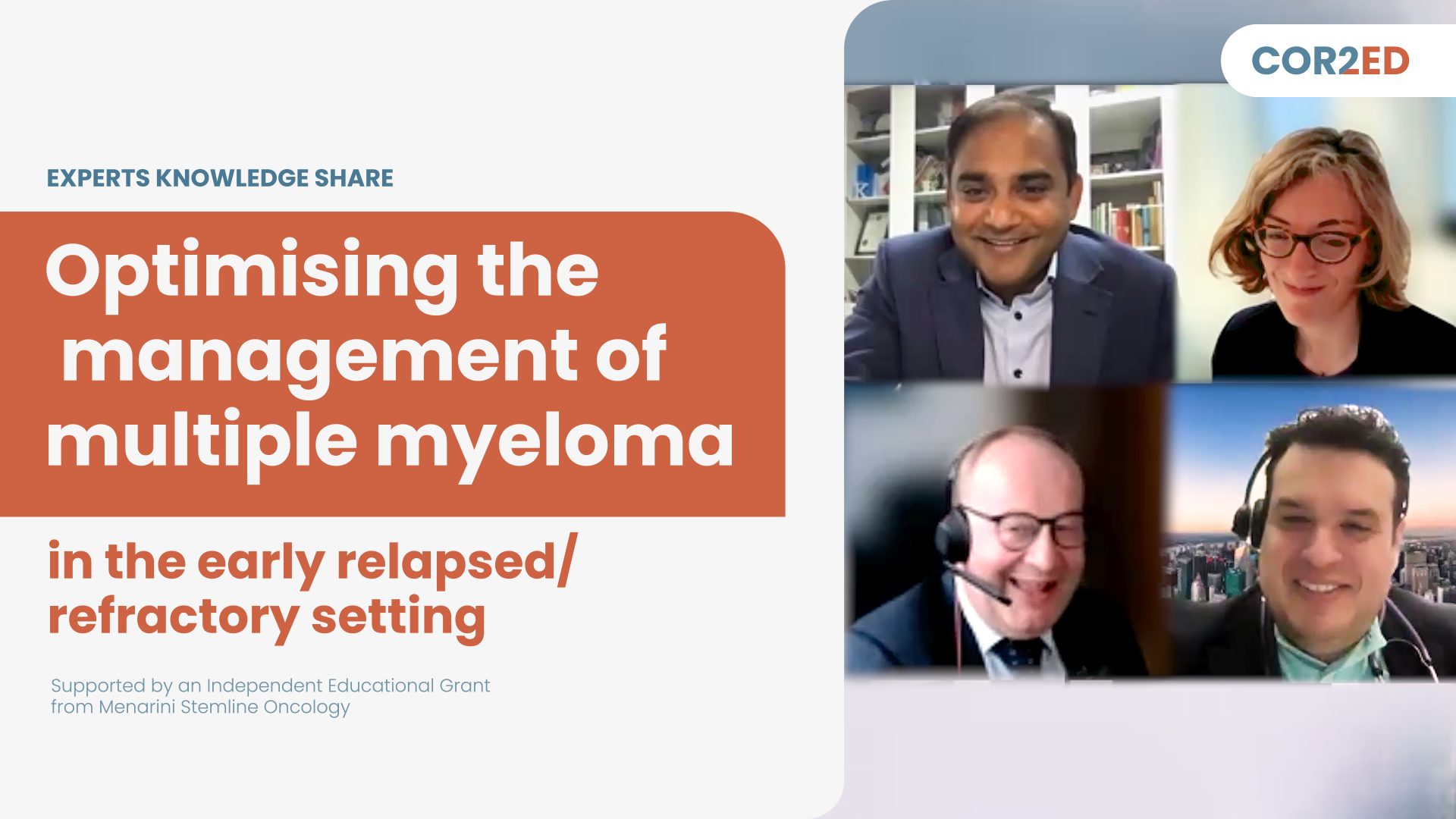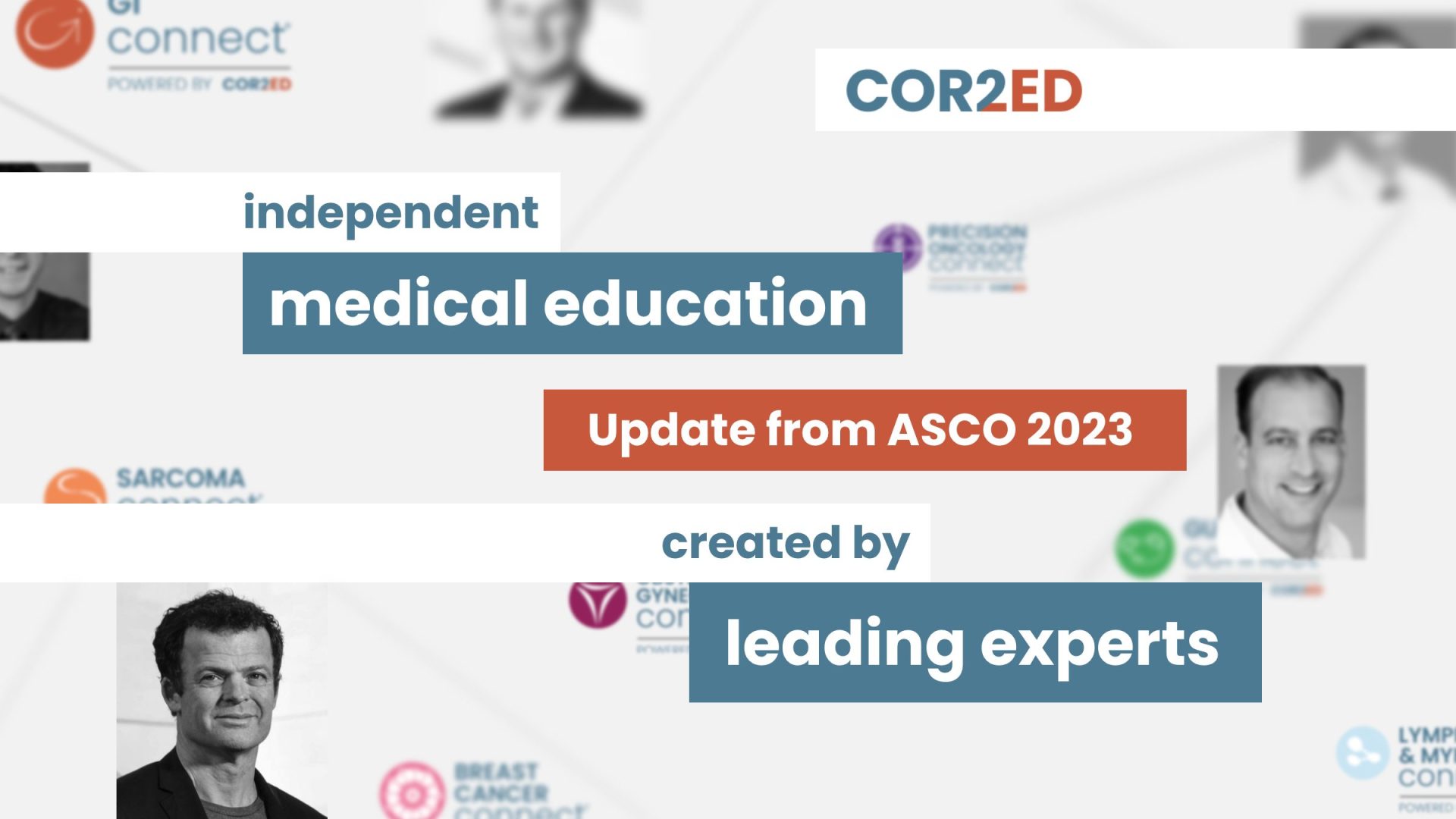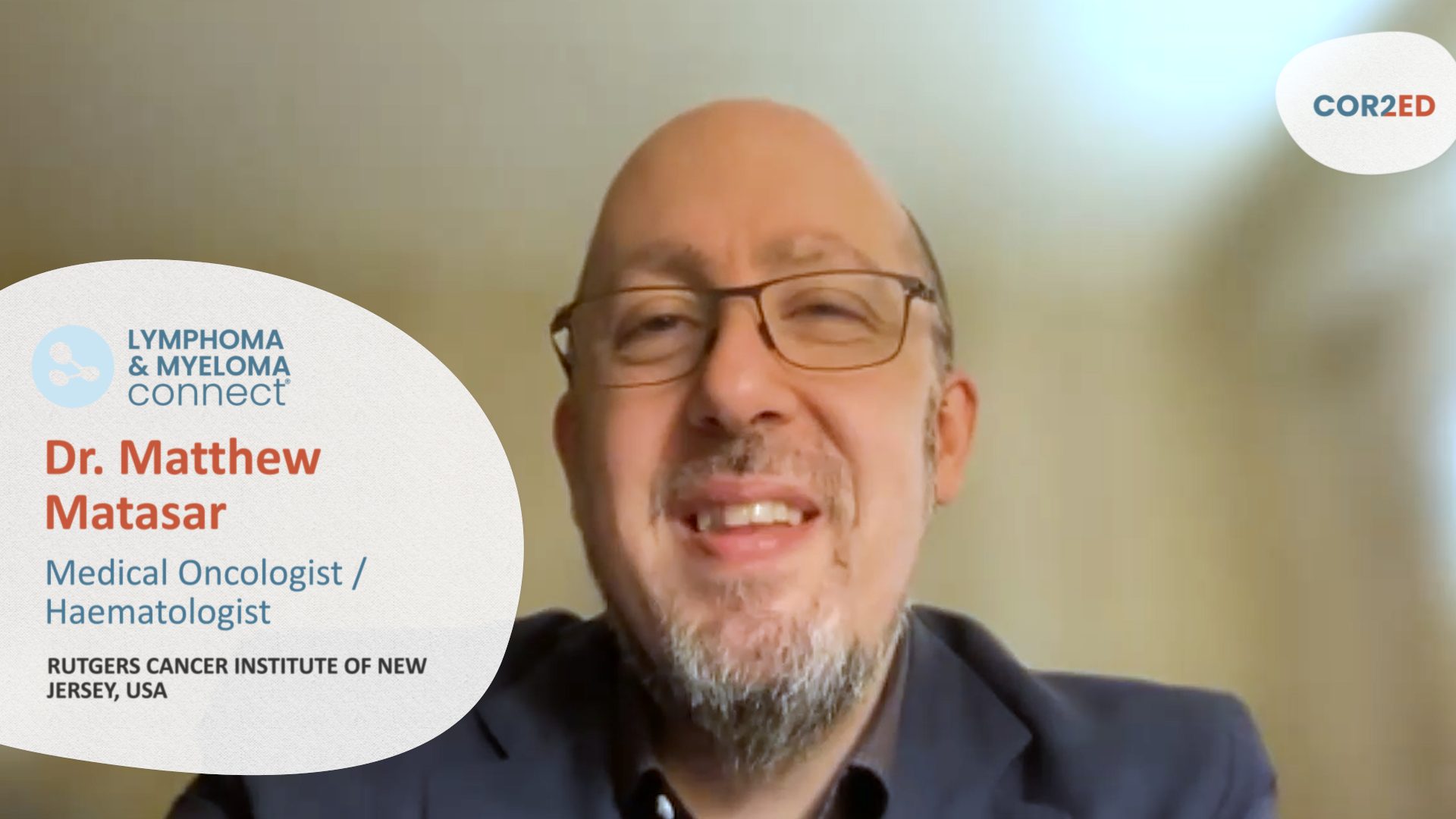Video Transcript
Hello my name is Alexey Danilov, I’m a co-director of Toni Stephenson Lymphoma Center at the City of Hope National Medical Centre in Los Angeles, California.
Experts Knowledge Share
I was just part of a faculty hosting an Expert Knowledge Share event, which focused on selecting the appropriate treatment for indolent non-hodgkin lymphoma.
We looked at current and future treatment landscape. Our faculty consisted of Dr. Stefan Barta from the University of Pennsylvania in the United States and Dr. Jessica Okosun from London, United Kingdom, in addition to myself.
During the presentations we discussed first line treatment selection for patients with indolent non-hodgkin lymphoma, we discussed treatment selection in the relapsed/refractory setting as well as the future therapeutic landscape in this disease.
There were also interactive breakout sessions featuring discussions of patient cases as well as question and answer sessions.
Rapidly changing treatment landscape
The key take-home messages from this meeting were a rapidly changing treatment landscape in patients with indolent non-hodgkin lymphoma.
We are now heading towards an era where chemoimmunotherapy, which used to be the only therapeutic option for many of these patients, is now just becoming one of the multitude of options to treat non-hodgkin lymphoma.
In particular lenalidomide CD20 therapeutic combinations have made significant advances, based on the AUGMENT study and approval in the relapsed/refractory setting. However POD24s, or patients who progress on therapy within 24 months of diagnosis, still remain therapeutic challenges, even despite the advances in therapy and the fact that so many of these patients respond well to novel therapeutics, including lenalidomide.
Targeted therapy
In addition to that, there have been advances in targeted therapies with approval of EZH2 inhibitor tazemetostat and several PI3K inhibitors, most recently umbralisib. PI3K inhibitors are associated with typical toxicities, with immune-mediated toxicities and, for copanlisib, due to PI3K alpha inhibition, also hyperglycemia and hypertension.
CAR-T and bispecifics
In addition to this already exciting development, we now have novel cellular and immune based therapies for patients with indolent non-hodgkin lymphoma. CAR-T-cell therapy has recently been approved, based on the ZUMA-5 trial. It’s associated with high response rates across multiple patient subsets, including patients with multiple refractory follicular lymphoma. Bi-specific antibodies are tested in this setting as well. There is a number of them and they are also associated with high response rate.
Future developments
Overall this results in a major shift in landscape of treatment of indolent non-hodgkin lymphoma and there are more exciting developments to come in the next three to five years, which will significantly improve the quality of life and survival of our patients.
Thank you very much to those who participated in this meeting and to those who are listening now. You can now download the slide deck for your own use.
Thank you again and I hope this helps you in caring for your patients with indolent NHL.
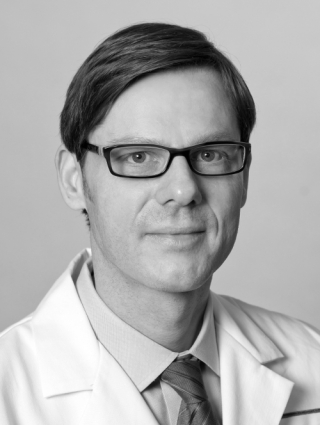
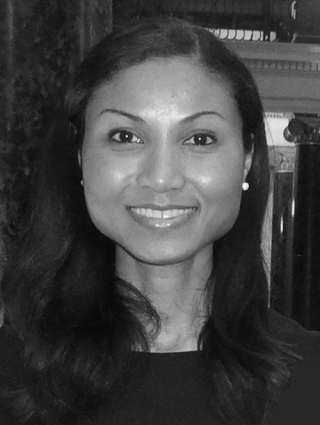
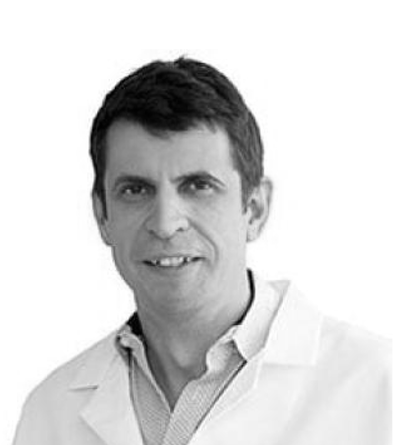
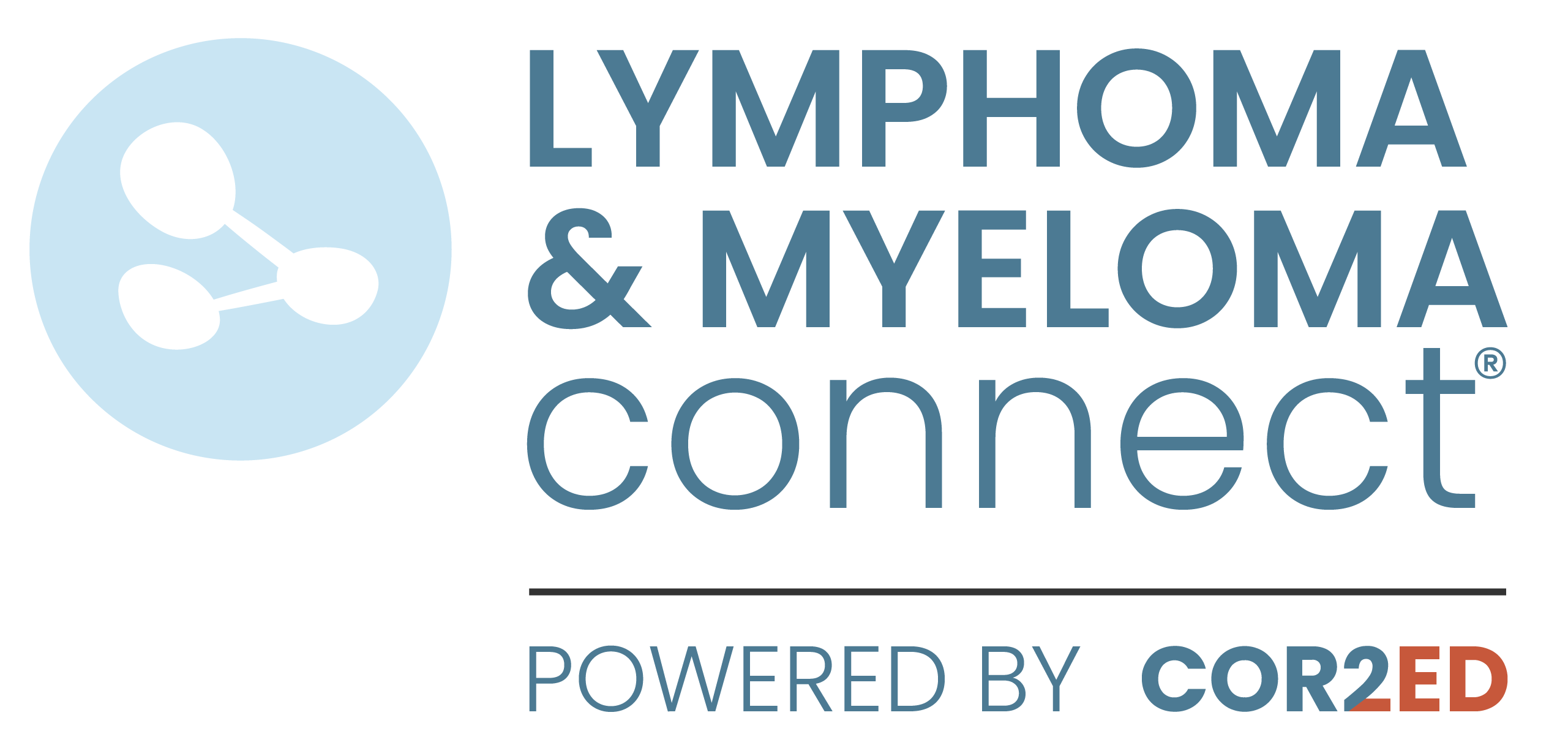


 Downloadable
Downloadable  5 MIN
5 MIN
 Jun 2025
Jun 2025 